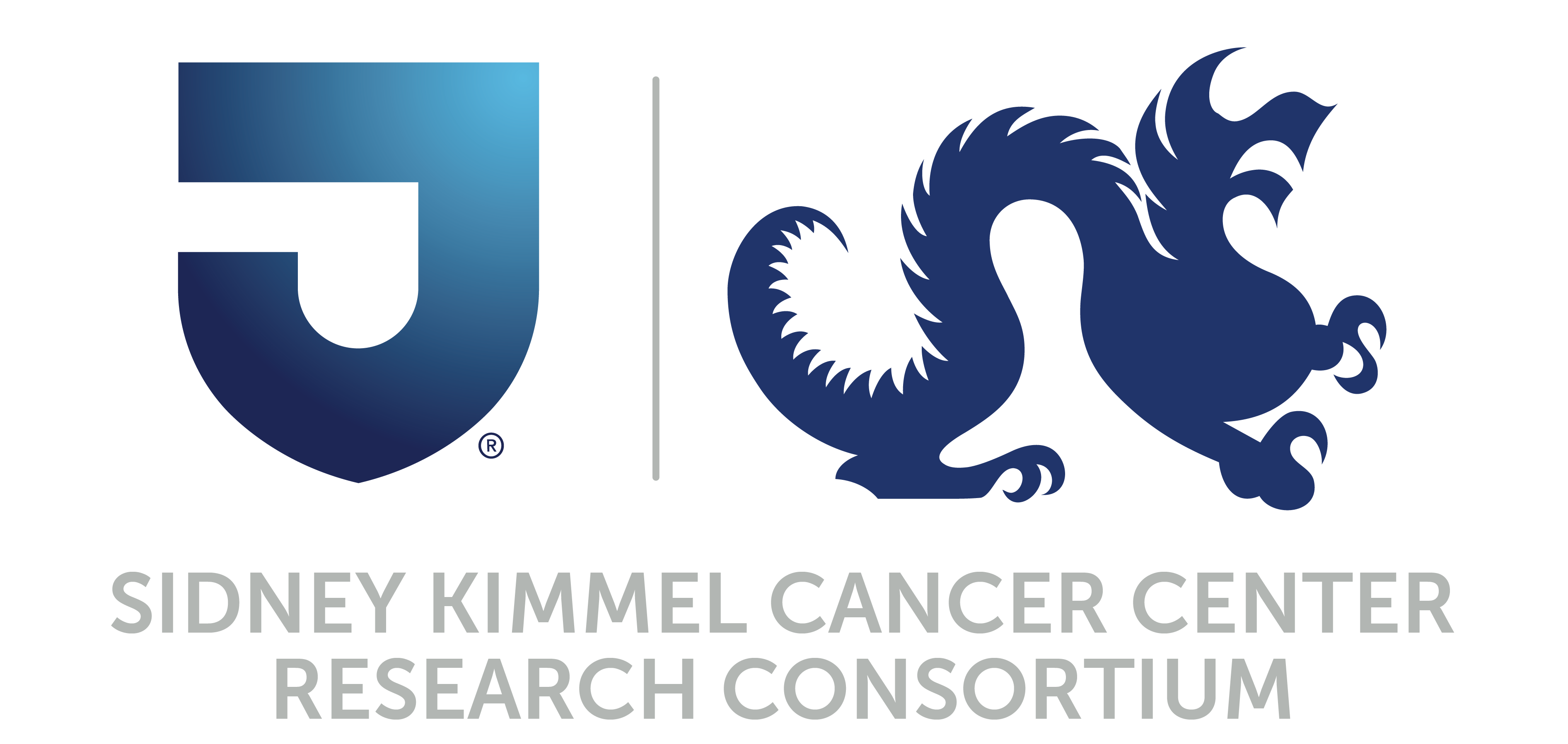
Should a Lower-Grade Prostate Tumor Be Called Cancer?

For some insight on this discussion, OncLive sat down with prostate cancer expert and president-elect of SUO, Leonard G. Gomella, MD.
Leonard G. Gomella, MD
A debate at the 15th Annual Meeting of the Society of Urologic Oncology (SUO), held December 3-6, 2014, in Bethesda, Maryland, discussed whether Gleason 6 prostate cancer should still be called cancer.
Jonathan I. Epstein, MD, Johns Hopkins Medical Institutions, focused on clinical use of basic histology and maintained that low-grade Gleason 6 tumors should be labeled as cancer. Concentrating more on genomic aspects, Mark A. Rubin, MD, Weill Cornell Medical College, suggested that lower-risk prostate tumors should have a different label.
For some insight on this discussion, OncLive sat down with prostate cancer expert and president-elect of SUO, Leonard G. Gomella, Bernard W. Godwin Jr. Professor of Prostate Cancer,
 chairman of the Department of Urology, and director of Clinical Affairs at Kimmel Cancer Center
at Thomas Jefferson University.
Where do you stand on this debate over the classification of Gleason 6 prostate cancer?
Gomella: I think right now, we still need to call Gleason 6 tumors a cancer. I agree that the majority of patients who have Gleason 6 cancer do not develop metastasis. The problem is that there will be 1% or 2% of patients who actually progress with Gleason 6 cancer.
I think the issue is, is it really the Gleason 6 cancer or are we just missing another cancer that has a higher Gleason score? I have written an editorial in the past that we should proceed cautiously in this area, and so until we have information and more detailed analysis, we have to call it a cancer.
And why is it important how this is classified?
Well, the big problem with Gleason 6 cancer today is overtreatment. Active surveillance is probably appropriate for 90% of these patients—maybe not that high—but certainly a high majority of patients who have Gleason 6 cancer do not require aggressive treatment and usually are ideal candidates for active surveillance.
So, I think the word cancer is the problem here. We have to educate both physicians and patients that because a patient has cancer, it doesn’t necessarily mean they have to be treated or that they need an aggressive treatment. This is where I think the Gleason 6 “conundrum” comes in about convincing people with cancer that they don’t need treatment and I think that is where we have to kind of draw the line. Active surveillance doesn’t mean we don’t do anything; active surveillance just means you follow patients and hopefully, through ongoing monitoring, pick up that very low percent of patients with the Gleason 6 cancer who are actually getting in the trouble.
Since the debate is ongoing, how should community oncologists and urologists address this issue now in clinical practice?
Well, I think right now we are sticking with the basic histologic diagnosis of calling it a Gleason 6 cancer. The Society of Urological Pathology is actually getting back together—Dr Epstein and Dr Rubin are both involved with those discussions—to discuss potentially reclassifying further the Gleason scoring system. We may be hearing about that in the future, but essentially, right now, community urologists, medical oncologists, and radiation oncologists should treat Gleason 6 cancer as a potentially life-threatening cancer, but one that may require much less aggressive therapy and they should consider that active surveillance versus active treatment may still be the way to go.
So, I think Gleason 6 cancer should still be called cancer, but again, understanding that there are aggressive cancers and less aggressive cancers is the take-home message not only for our community colleagues, but also, more importantly, for our primary care colleagues and for patients as well.




































